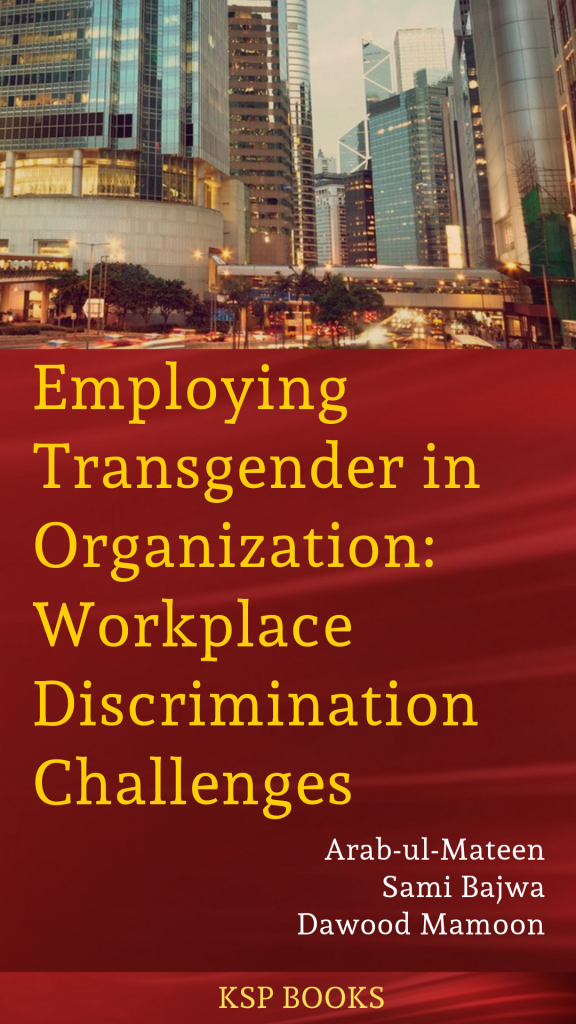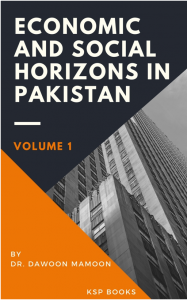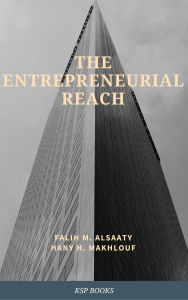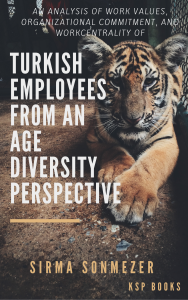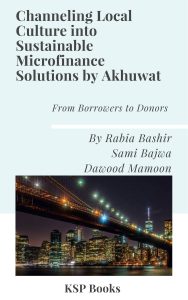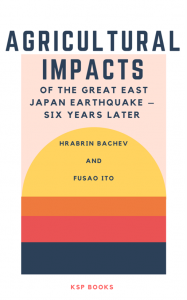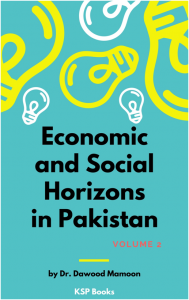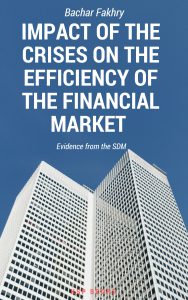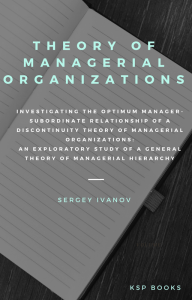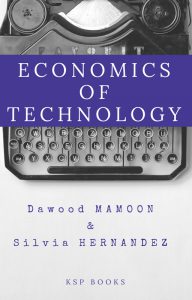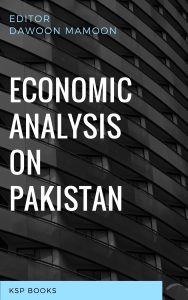Synopsis
The study explores the challenges an organization face when transgender persons are employed. One of the challenges is workplace discrimination issue against the transgender employees. Further, the role of transformational leadership has been examined in dealing with workplace discrimination issues. The study is based on qualitative analysis where in the validity and credibility of the study is ensured using data triangulation i.e. data is collected through unstructured interviews, participant observation and documents & pictures. Also, source triangulation i.e. different categories of respondents included 6 transgender employees, 6 other employees who works closely with transgender employees, 3 HR personnel, and the Executive Director Akhuwat. The study supports the role of transformational leadership in handling workplace discrimination. The values & principles, like respect and brotherhood are the core factors affecting the workplace discrimination against transgender employees. Especially, in absence of formalized HR policies and regulations, the values & principles plays a pivotal role. Such values of brotherhood and respect encourages the employees to hold a non-discriminatory organizational culture. Data shows the transgender employees are more hardworking, motivated, loyal and satisfied for merely being respected and recognized by the organization. This study of transgender employment experiences and the role of transformational leadership opens new lines of inquiry for understanding gender inequalities at work, and it builds on scholarship that combines political, social and economic approaches with transgender studies.
Contents
About Author
ISBN
978-605-2132-90-6
Date of Publication
December 15, 2019
File Size: 3545 KB
Length: xv + 94 pages
This work is licensed under a Creative Commons Attribution 4.0 International License.
